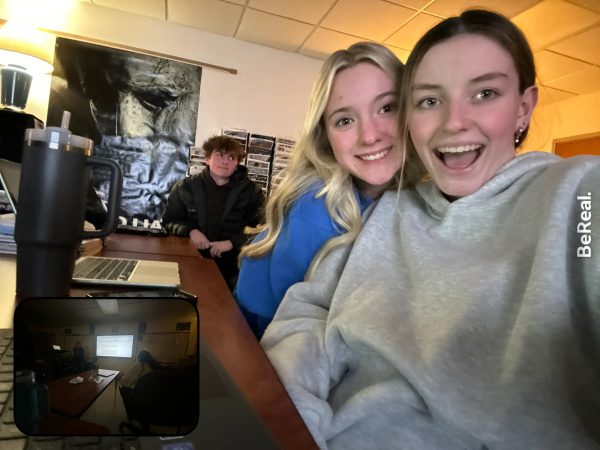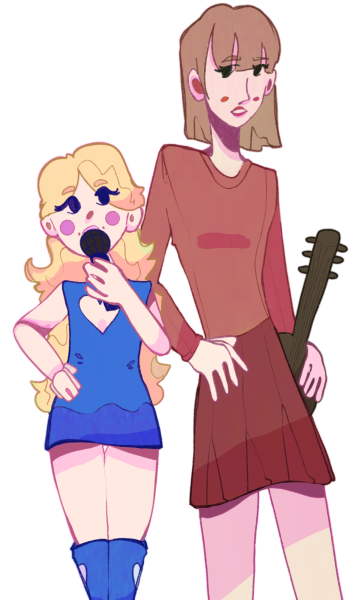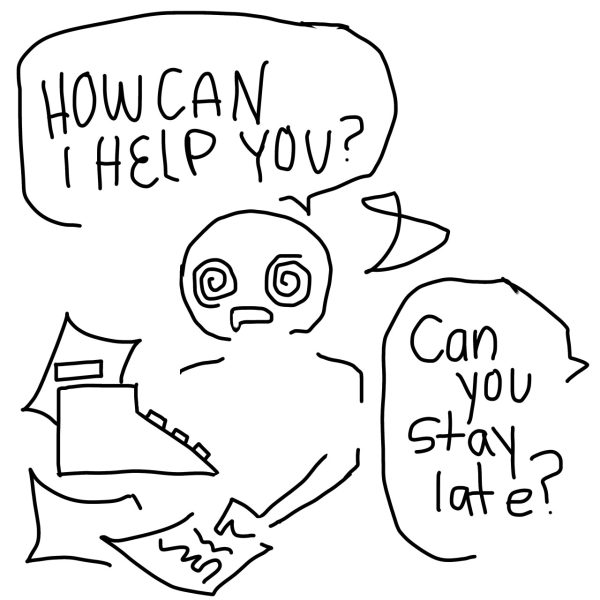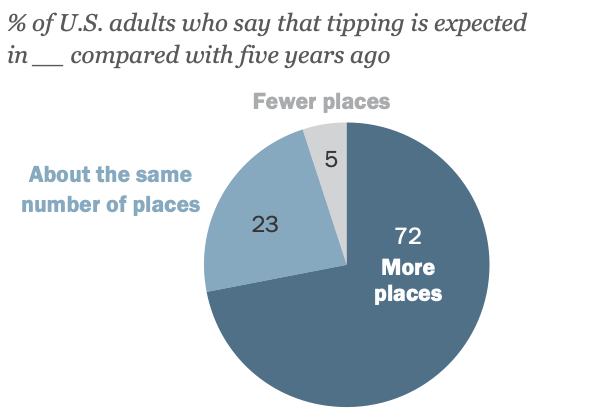[Un] Seen on TV
Last year, on Feb. 8, I read a book. For me, this is not a particularly remarkable statement. The sky is blue, grass is green, and Clare reads a lot of books. However, Feb. 8 is notable because it was the day that, for the very first time, I read a novel featuring a romantic couple composed of two women. Imagine that! Two women, and they had a whole book centering their very own, rom-com story line.
I know. In the 21st century, a book about a queer couple doesn’t seem that mindblowing, but that book impacted me deeply. Why? Because before then, I had never seen my queer identity laid out in depth on public, printed pages. Granted, I was only getting back into reading after a five-year-long drought, and there are countless books now published with LGBTQ+ themes, but I had never held one in my own hands before. It was immense. Essentially, through literature, among other mediums such as television, I have in recent years found something I haven’t always known was so vital: representation.
Many of us take advantage of the ways we see and have seen ourselves represented in media over the years. As a child I never had to wonder to myself why people who looked like me, with white skin and blue eyes, weren’t on television because they were. They were always represented. It was never a question. This can’t be said for many children, who grow up never seeing a character who looks like them, with an afro, hijab, walking supports, or any number of other identifiers.
Think back to the shows you watched when you were growing up as a kid. How many shows can you name that showed a family with two dads or two moms? Showed a character who used a wheelchair? Had vitiligo? Was dyslexic? How many shows did you watch as a kid where a notable character was fat? And no, it doesn’t count if their body type made them a walking punchline for directors to continuously demean and mistreat.
If you grew up in the early 2000s like I did, you probably have difficulty thinking of such shows. If you grew up before then, I’d imagine you have an even harder time. This, as you might be able to reasonably understand, is the problem. Many individuals, and more specifically, many impressionable individuals (such as children) do not see themselves adequately reflected in the world around them. They do not see themselves represented.
When one begins to notice that something about them is different (be it a disability, illness, sexuality, or a number of other identities) it’s crucial that they have access to support and the tools with which to come to terms with and accept that difference. They need someone or something to tell them that it is okay–that their identity does not make them “less than.”
When there is a lack of external exposure to various identities, and when an individual does not see their identity represented on anyone but themselves, it’s natural to feel alienated. Without the knowledge of shared experience and community, one becomes isolated in their struggle and in their journey.
If the media we are exposed to is continuously, subliminally communicating that the “standard” (and thus, the acceptable way of being) is white, able-bodied, skinny, straight, cisgender, and intellectually-capable, it means that growing up, becoming self-aware, and discovering that you deviate from this description can be devastating.
Of course, when representation falls short, having a supportive family that teaches you to love all your differences helps. It helps a great deal. I was lucky enough to grow up with a family that consistently taught me kindness and acceptance, which ended up being a saving grace when I was coming to terms with my queer identity in late elementary and early middle school.
During these years, as I grew older and started to realize I was different from a lot of my friends, I had no basis upon which to understand what I was feeling. I hadn’t seen it on television. I hadn’t read it in a book. I couldn’t make the necessary connections to come to the conclusion that I was not straight, and more importantly, that this was okay. Nothing had ever demonstrated to me, explicitly, that there was nothing broken within myself.
Representation matters because it can be a widespread way to proactively teach us all, however indirectly, that our individualities are okay. It says, without truly saying, “There are people like you out there, and there’s nothing wrong with who they are. There’s nothing wrong with who you are.”
To this day, I can’t recall a piece of media in which a character has type one diabetes and wears an insulin pump like me. Similarly, until I actively sought out queer media, I had nothing more than “Orange is the New Black” and “Simon vs. the Homosapien’s Agenda” to point at for LGBTQ+ representation. The media that I and most of my classmates consumed in our earlier youth lacked diversity, and only in the past few years have I come to understand the impact of this.
A lack of diversity means a lack of representation, and a lack of representation means countless individuals desperately searching for pieces of themselves in media that refuses to acknowledge their very existence.
I’ve sometimes found myself wondering why I now find so much comfort in shows and books that center queer stories. I question what sets them apart. Why do they evoke a particular reaction in me that other film and literature fails to do? I think the answer is quite simple. In these shows, films, and books, and after all these years, I finally see myself in stories. And better yet, I’ve found myself represented in stories that are joyful.
After years of deprivation, perhaps what is left of my younger self is healing from a lack of seeing herself reflected in fiction. She’d likely be relieved, and greatly comforted, that representation is becoming wider and more prevalent, though it is not yet where it should be, and it will not reach that point until every kid can point to a story in which they recognize a piece of themselves.
Representation is a need, not a preference. Many of us might not understand how badly we needed, when we were younger, to see somebody who looked like us, functioned like us, or loved like us in the stories we so hungrily consumed. When it comes down to it, everybody benefits from representation. After all, as human beings, all we want is to be seen, understood, and loved for who we are in full.
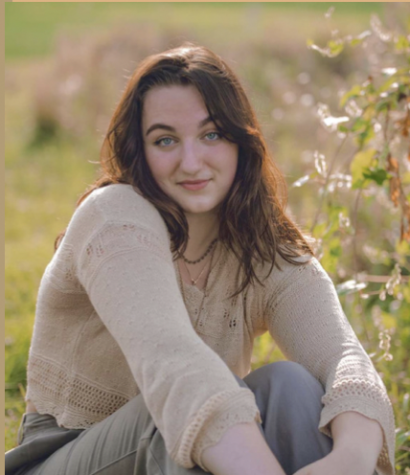
Clare Borchardt is the Norse Star's Copy Editor as well as a staff writer. Clare appreciates how the Norse Star is student-led and the amount of collaboration...


![[Un] Seen on TV](https://thenorsestar.com/wp-content/uploads/2022/03/EC9pSm9wyN6UJr0twXd7zzMJDUbbqzyVq5eOvcpZ.png)
